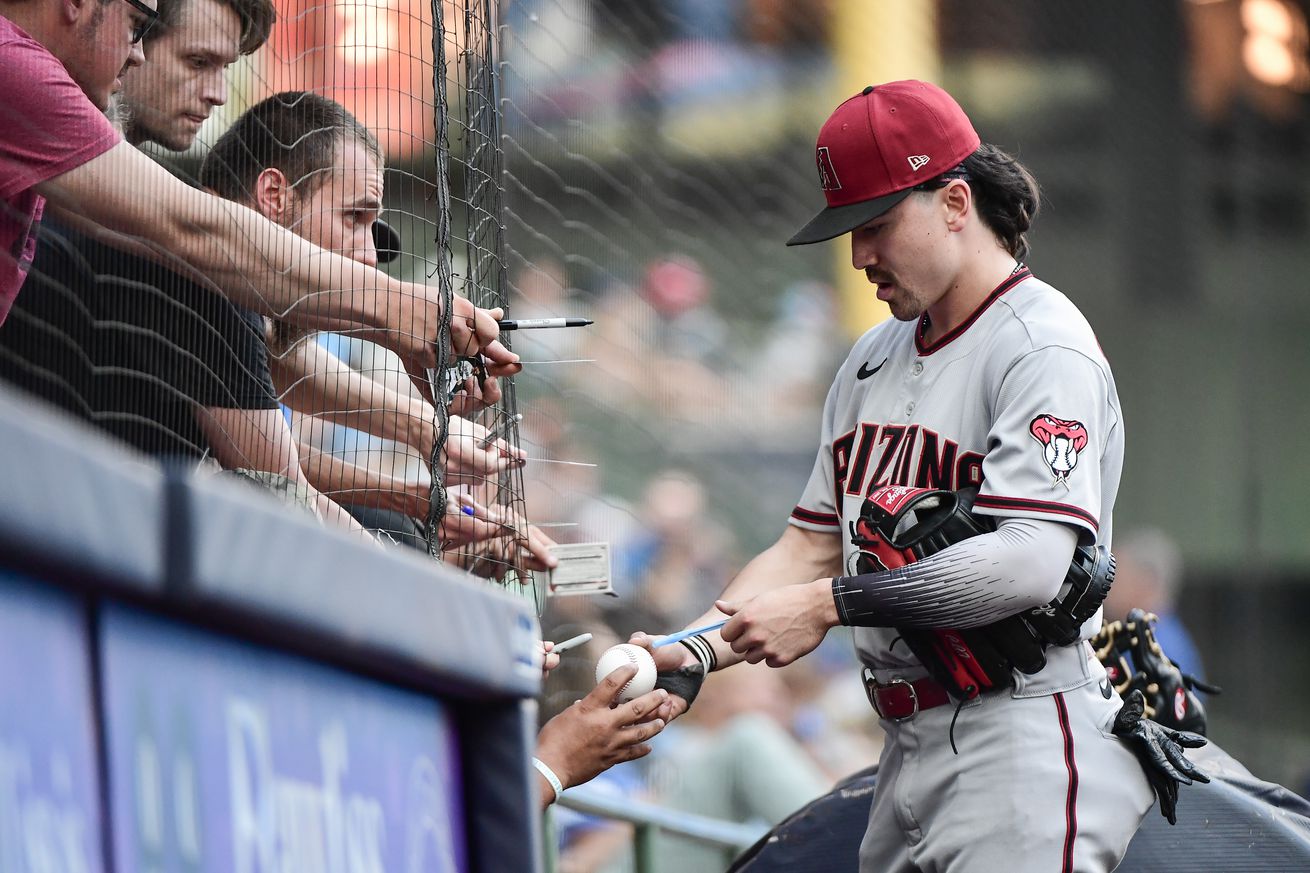
Why I push back on the “brokenness” of today’s MLB
In a recent article on MLB Trade Rumors, Tim Dierkes polled readers on their support for MLB instituting a salary cap during the next CBA that will be negotiated for the 2027 season. Unsurprisingly, the respondents decisively voted for the salary cap – with a concurrent salary floor. Dierkes then asked a follow-up question: would the respondent sacrifice the entire 2027 season in exchange for said salary cap and floor? Amazingly, an extremely thin majority voted for this sacrifice. That’s worth repeating. A sizable proportion of these baseball fans are willing to give up an entire year of one of their favorite sports to institute a rule change that may or may not improve the game as a whole. If that’s not a proverbial example of “cutting off your nose to spite your face,” I don’t know what is. These aren’t small sample sizes either as the first question had nearly 36,000 responses as of writing while the second part had just over 27,000 responses. The article was part of a slew of thought pieces from seemingly everyone about the “brokenness” of baseball – stretching from Jeff Passan to our very own editor Jim McClennan.
These pieces were themselves spawned from the maddening ability of the Dodgers to collect free agents like Pokémon. In just the past week, they won the Roki Sasaki sweepstakes, signed one of the best relievers on the market in Tanner Scott, and then nabbed Kirby Yates just to rub it in to the rest of the league. However, after some additional time sitting with the information, I find myself on the other side of the “brokenness” crowd. To be clear, as a Diamondbacks’ fan, I find it infuriating to watch a team that could practically book their postseason tickets before pitchers and catchers even reported get even better by inking seemingly every one they want. That’s a completely understandable emotion. But there’s a logical chasm in my opinion between that very real and reasonable reaction and claiming that baseball is fundamentally broken. And it’s a completely delusional leap in my opinion to then want to cancel a full season’s worth of games to try and address said brokenness.
First, I think we need to define what we mean when we’re discussing the health of the league. Are we referring to TV ratings? The revenue the league is generating? Or maybe its competitiveness? Personally, I prefer a metric that prioritizes parity and competitiveness throughout the league – and by those metrics baseball is quite healthy. In this century, the only franchises with multiple (non-pandemic) World Series championships are the Red Sox, Giants, and Astros. If we narrow that window to the last ten years, the last team is the only remainder from that list. Meanwhile, in the NFL, arguably the best known salary cap in North American sports, there have been a whopping seven franchises that have won multiple Super Bowls (Chiefs, Rams, Buccaneers, Patriots, Steelers, Ravens, and Giants). Clearly a salary cap has done relatively little for ensuring that as many teams (and their fanbases) have an equal chance at winning a championship as any other team.
It’s also difficult on one level to hear the complaints about the Dodgers specifically from Diamondbacks’ fans as the team has experienced a fairly successful offseason to this point by trading for a capable first baseman in Josh Naylor and signing a premier starter in Corbin Burnes. Indeed, one of the reasons Ken Kendrick may have been willing to expand the team’s payroll over the past couple seasons may be because of the luxury tax revenue they receive from the various payor teams around the league. That may help to explain why the team finds itself in the top-10 salary rankings for the upcoming season and even the notoriously cheap Oakland California Sacramento Athletics have actually dipped their toes into the free agent market.
I want to reiterate that I’m frustrated too. It’s never fun to watch an intra-division rival win the World Series and then quadruple down with a seemingly unfair financial commitment to several high-profile free agents. Additionally, I won’t try to claim that what the Dodgers are doing is necessarily good for baseball either. It’s always interesting to have a villain or super team within a league, but they are truly pushing the boundaries of what baseball fans will accept – especially if they were to repeat as champions. There are clearly changes that need to be made in how the league reins in the big-spending clubs while encouraging other teams to more aggressively invest in the free agent market or their young players and prospects. At the same time, the problems extend well beyond the financial realm. I would argue that one of the Dodgers’ greatest strengths is their ability to make their players feel valued throughout the organization. That’s a difficult cultural change that requires buy-in at every level of the franchise and consistency from the owner to prioritize that culture.
